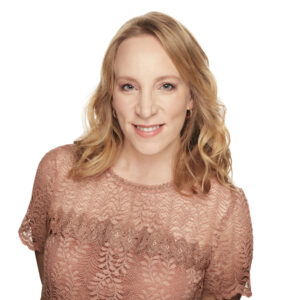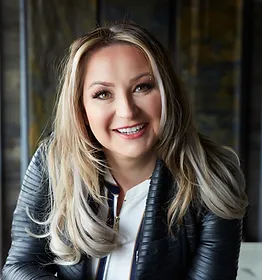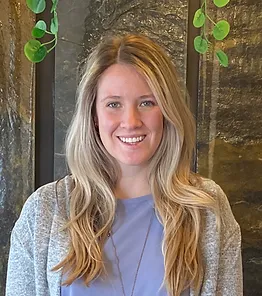
Courtney Culham
Nurse Practitioner
Mental Health & Addictions
Nurse Practitioner and Registered Counselling Therapist with over 25 years of diverse experience ranging from primary care to remote rural health. She currently sub-specializes in mental health and addiction medicine, focusing on patients facing complex physical and psychological challenges.









